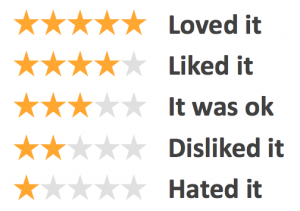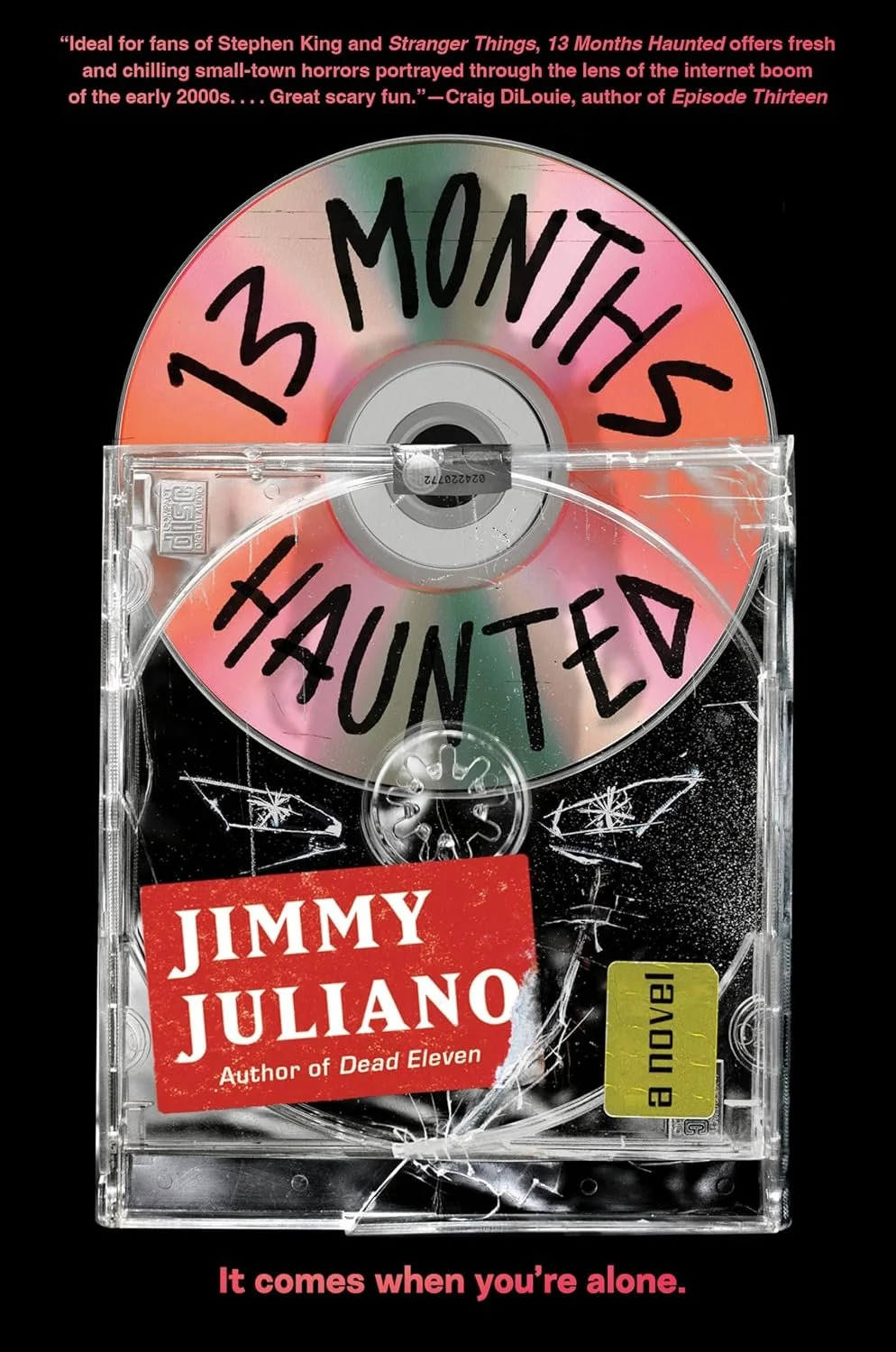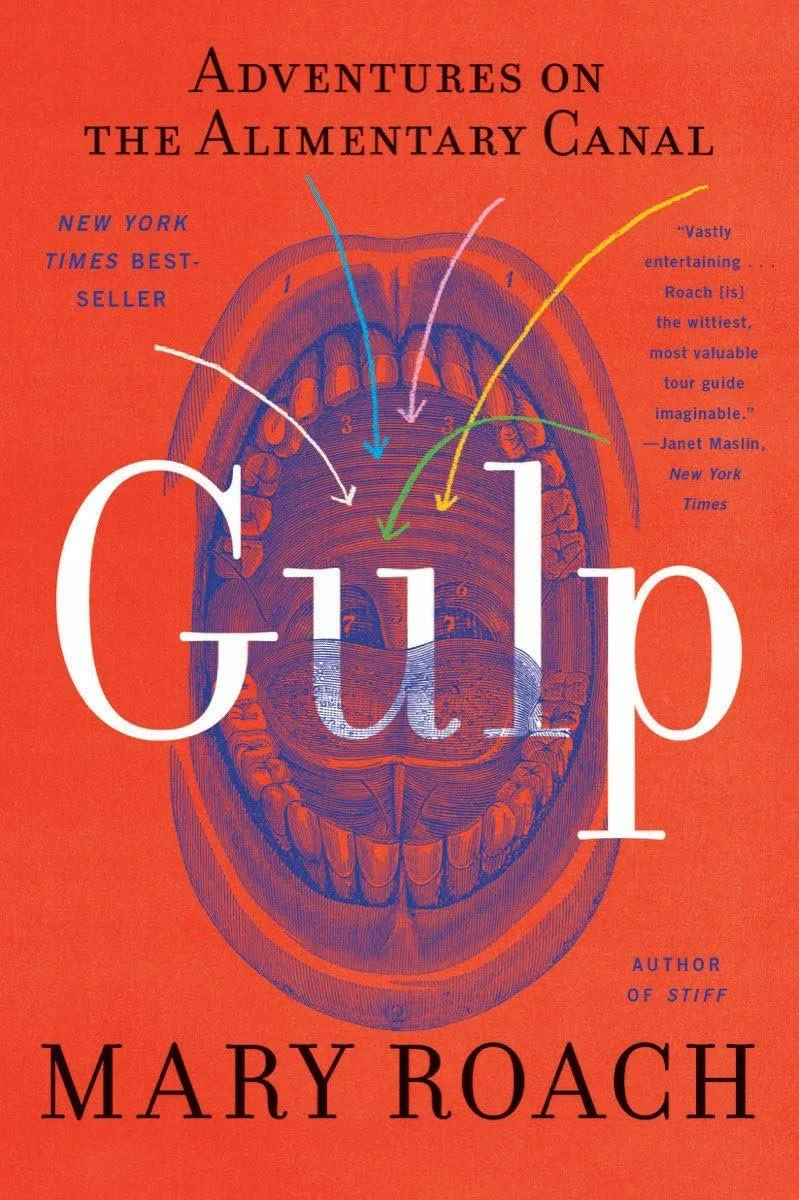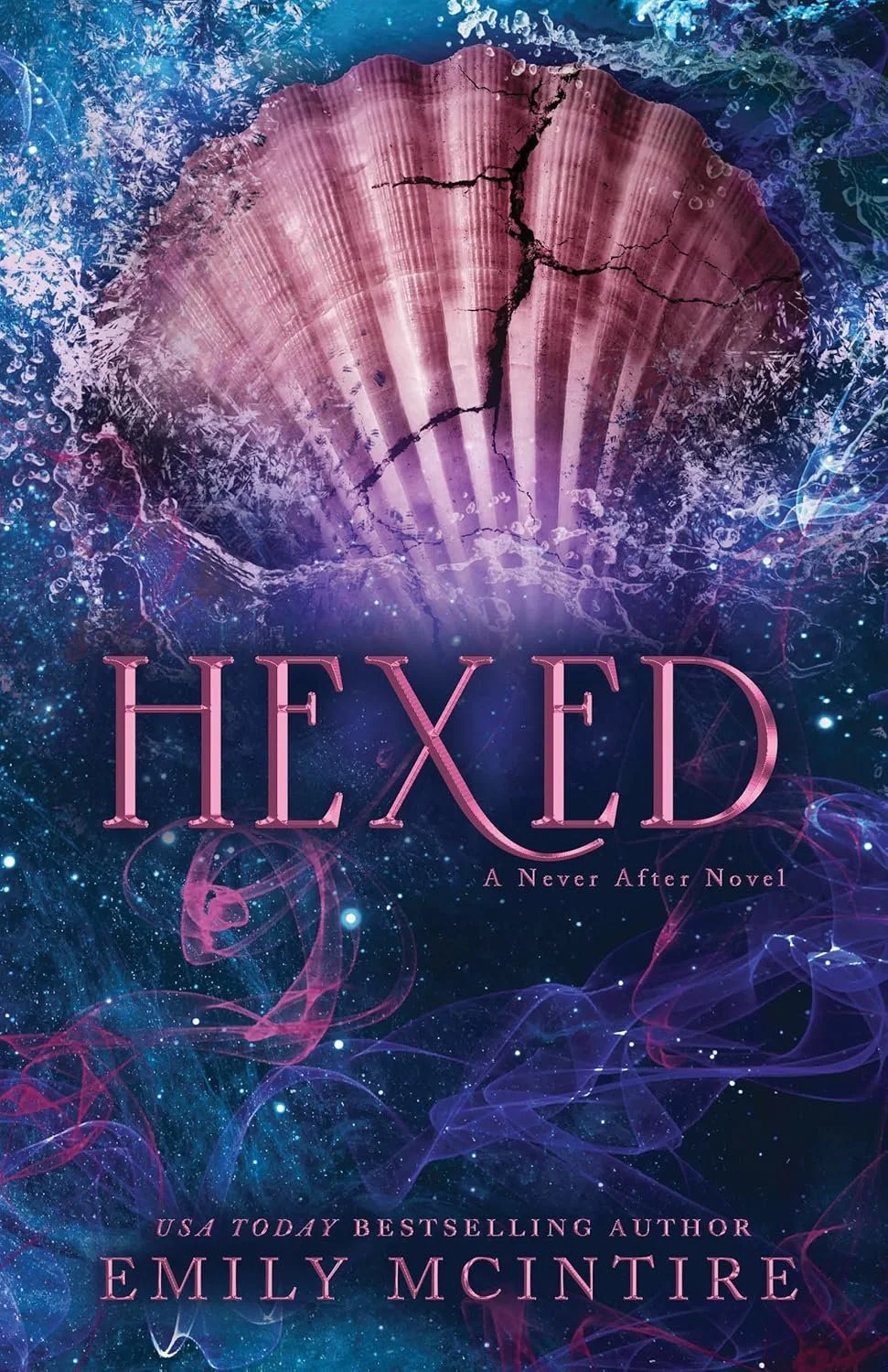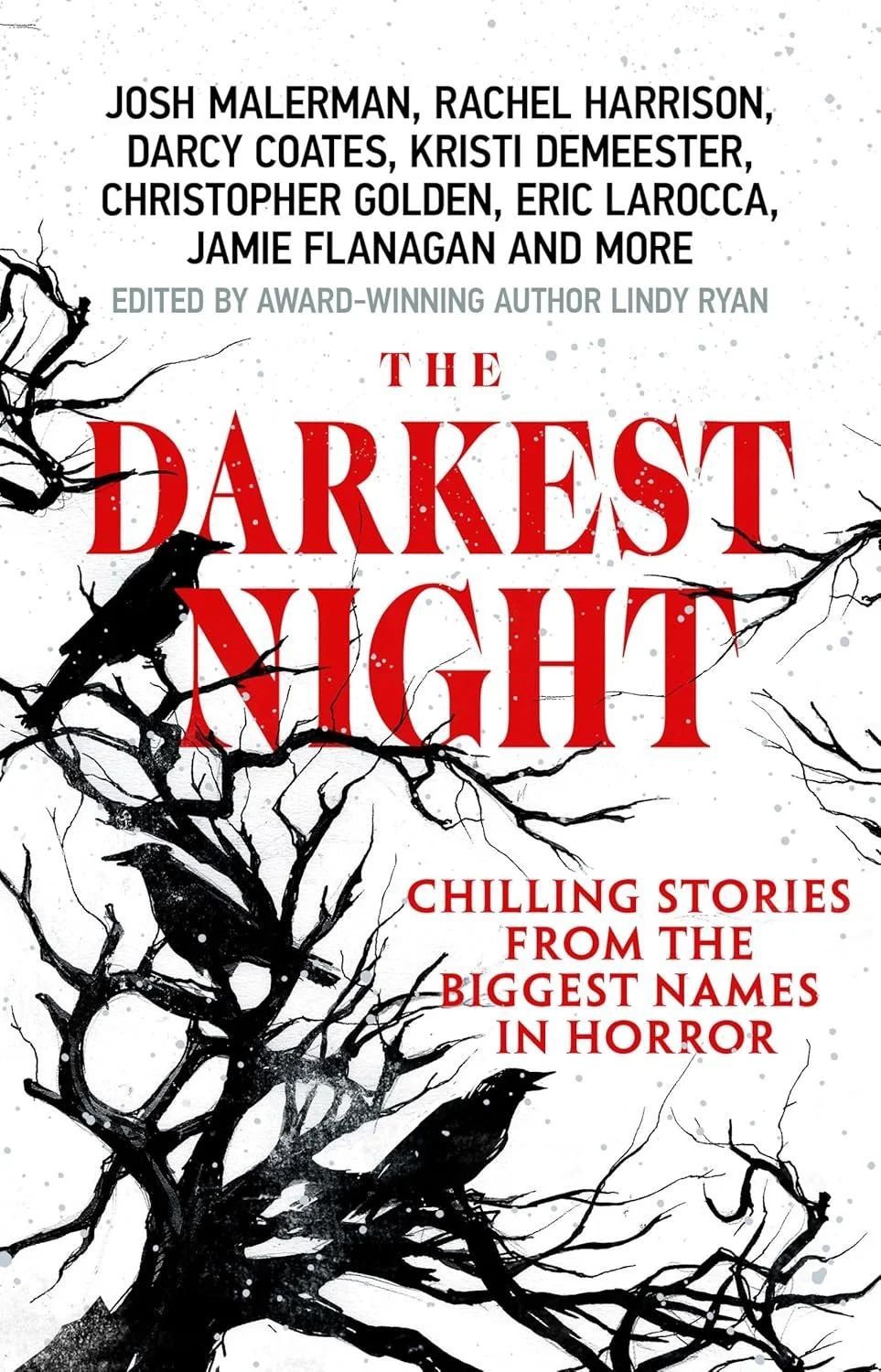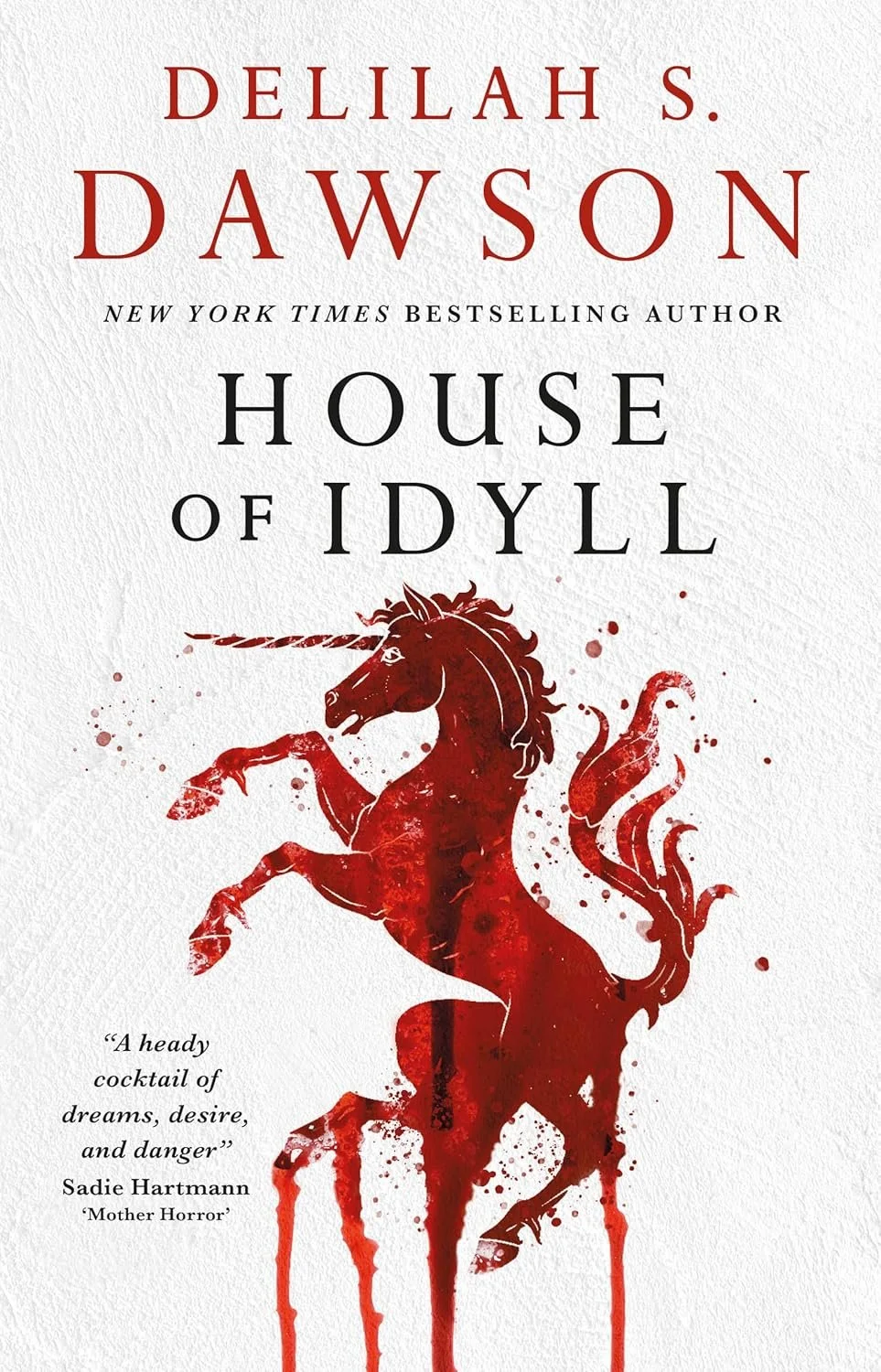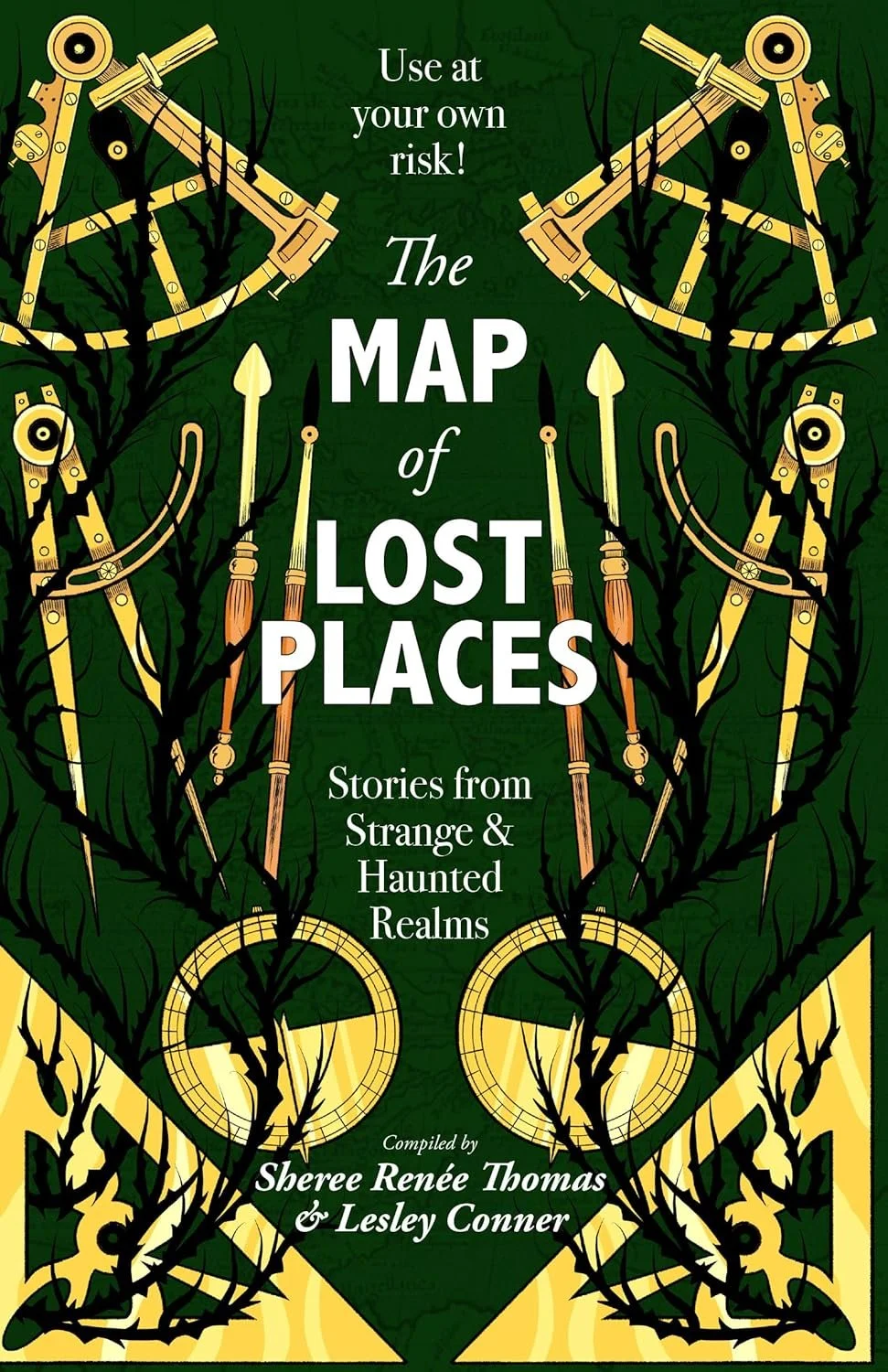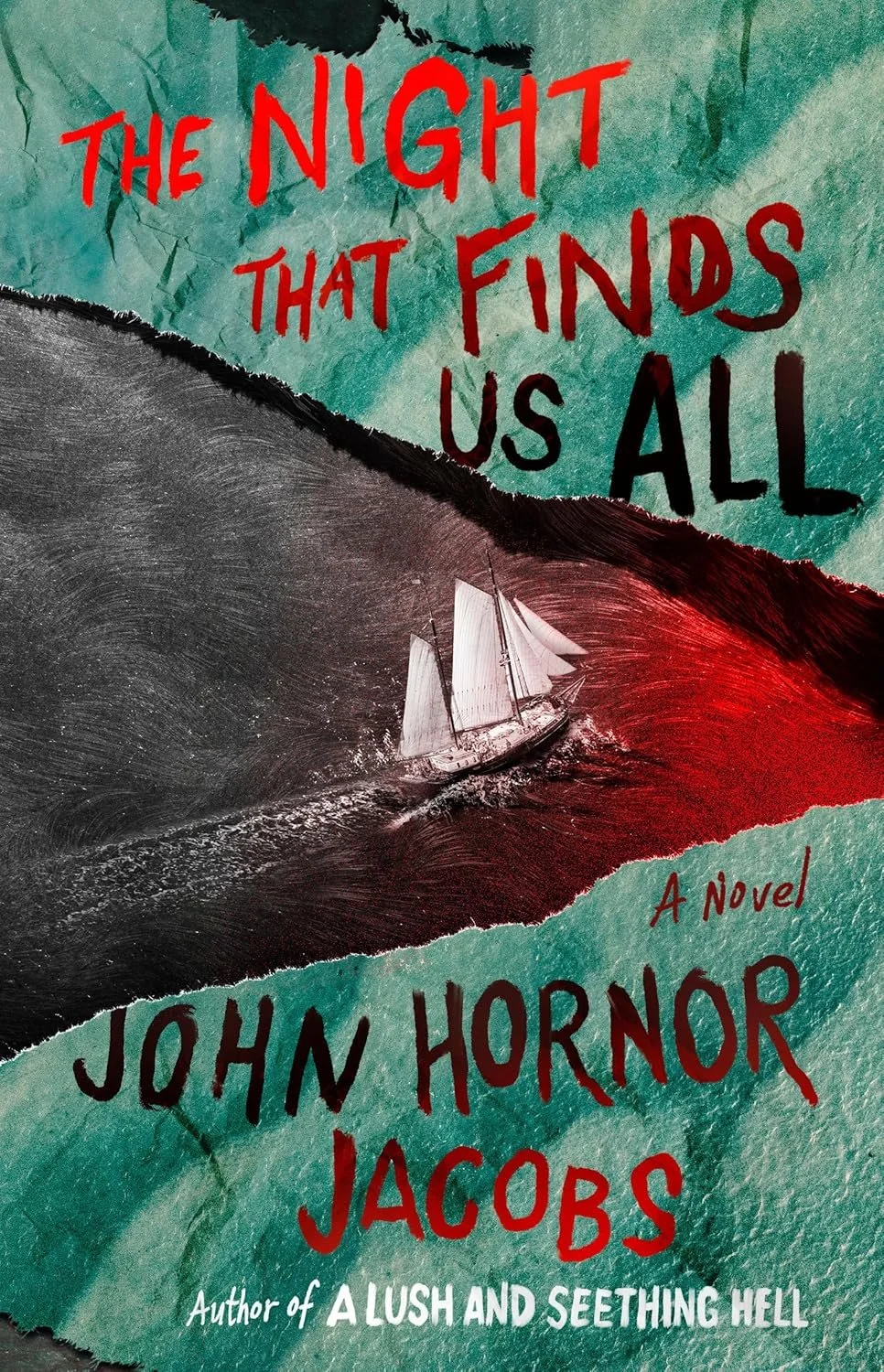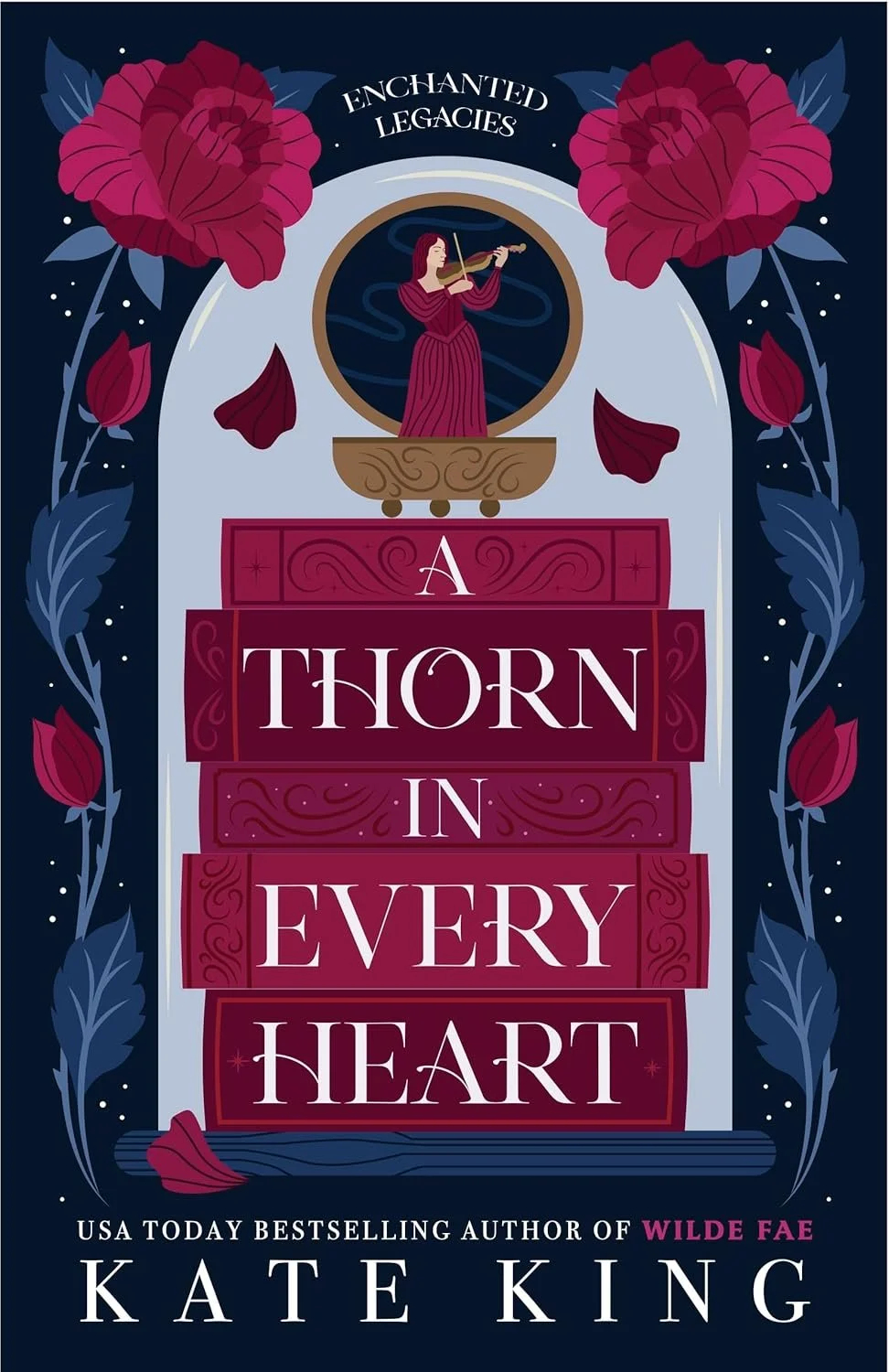Title: Take My Hand
Author: Dolen Perkins-Valdez
Publisher: Berkley 2022
Genre: Historical Fiction
Pages: 359
Rating: 3/5 stars
Reading Challenges: Winter TBR
Montgomery, Alabama, 1973. Fresh out of nursing school, Civil Townsend intends to make a difference, especially in her African American community. At the Montgomery Family Planning Clinic, she hopes to help women shape their destinies, to make their own choices for their lives and bodies.
But when her first week on the job takes her along a dusty country road to a worn-down one-room cabin, Civil is shocked to learn that her new patients, Erica and India, are children—just eleven and thirteen years old. Neither of the Williams sisters has even kissed a boy, but they are poor and Black, and for those handling the family’s welfare benefits, that’s reason enough to have the girls on birth control. As Civil grapples with her role, she takes India, Erica, and their family into her heart. Until one day she arrives at their door to learn the unthinkable has happened, and nothing will ever be the same for any of them.
Decades later, with her daughter grown and a long career in her wake, Dr. Civil Townsend is ready to retire, to find her peace, and to leave the past behind. But there are people and stories that refuse to be forgotten. That must not be forgotten.
Because history repeats what we don’t remember.
I gave this book three stars on the strength of the actual historical story alone. I just had so many issues with the characters and construction of the plot in this one that I had to struggle to finish it. I definitely would like to read more about the actual story this novel is based on. I know a lot about events like the Tuskegee Syphillis experiments, but little about the forced sterilizations in the 1970s (only the ones previous). The story itself is brought down by clumsy characters and random side plots that seem to have little place in this story. My biggest complaint is the weird dual timeline. Why does Civil keep insisting that the story is so incredibly important and yet never told her daughter until right now? It’s so clunky and not needed. Just set the story in the 1970s and leave it there. We don’t need a “connection” to our modern times. That was just one of my issues. I also had problems with the abortion storyline (why was it hammered into our heads over and over again). weird romance with the girls’ father (just why?), the constant reminder of the socio-economic differences between Civil and the girls, and the insistence of researching the dangers of the birth control shot that was then dropped immediately after the sterilization happened (why focus so much energy just to switch gears so completely?). I was bored and annoyed throughout most of this book.
Next up on the TBR pile:


